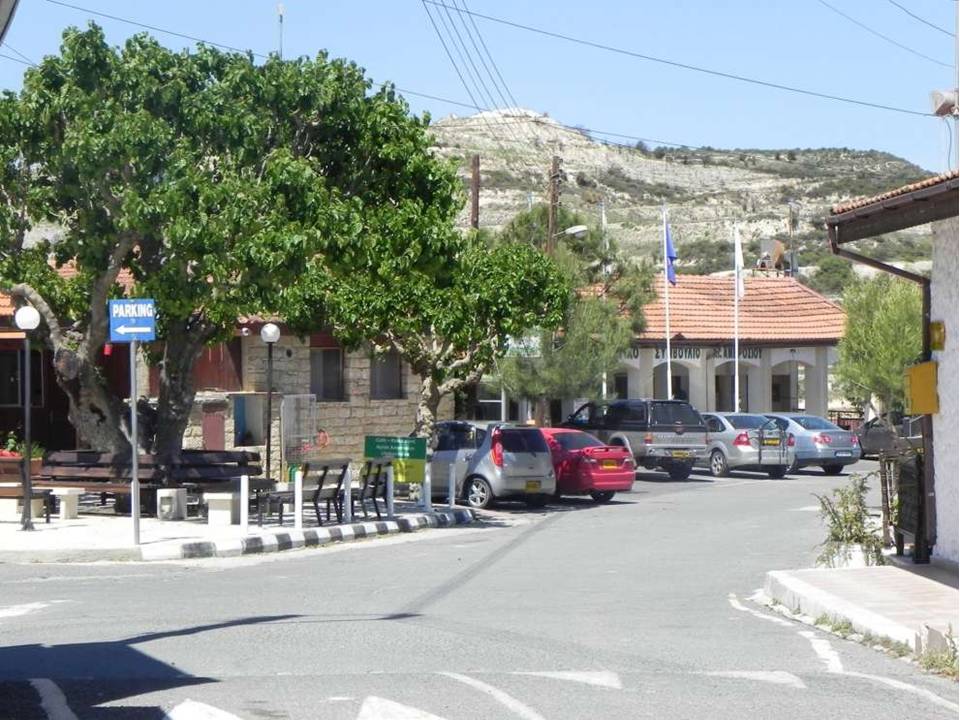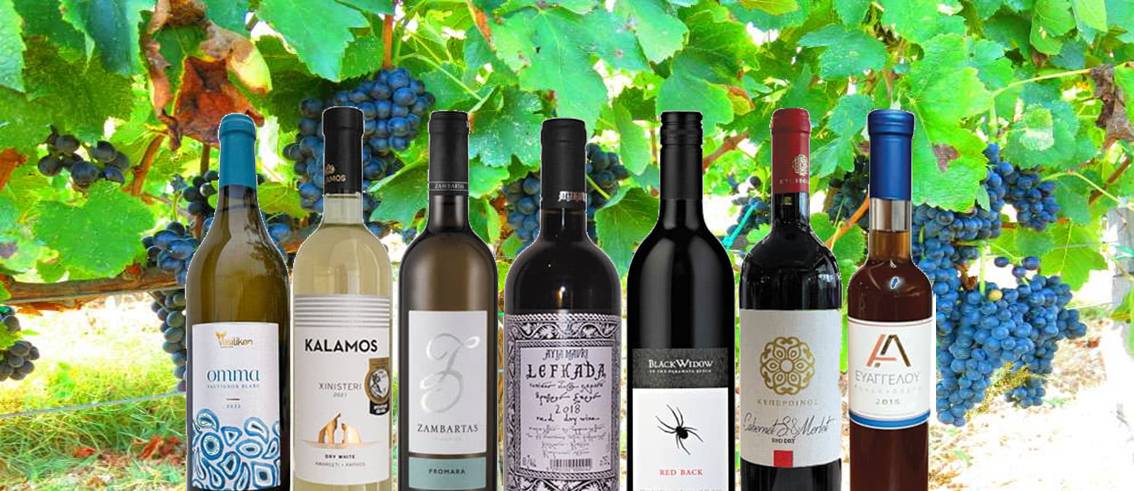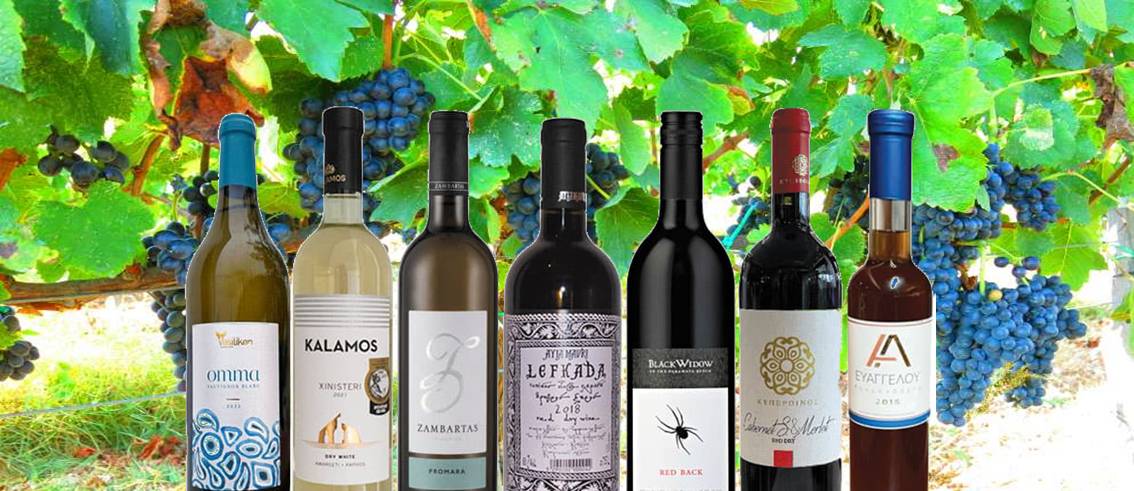Agios Amvrosios: The Wine Village of Cyprus
Agios Amvrosios village is a charming village on the southern slopes of the Troodos Mountains in Cyprus. Known for its winemaking heritage, scenic landscapes, and traditional culture, it’s one of the island’s premier “wine villages.” Part of the Limassol wine region, Agios Amvrosios village produces some of Cyprus’s finest wines. With stone houses, narrow streets, and rolling vineyards, the village offers a unique blend of history, tradition, and natural beauty.
Historical Background
Agios Amvrosios village is named after Saint Ambrose (Agios Amvrosios in Greek), a 4th-century bishop of Milan. The village’s history dates back centuries, with evidence of ancient settlements. Its winemaking tradition began during the Byzantine period, when viticulture flourished in the region.
Over the centuries, villagers perfected winemaking, passing down their knowledge through generations. Today, Agios Amvrosios village remains a key part of Cyprus’s wine industry. The island is one of the world’s oldest wine-producing regions.

The Wine Tradition
Agios Amvrosios village is famous for producing Commandaria, one of the world’s oldest named wines. This sweet dessert wine is made from sun-dried grapes of the indigenous Xynisteri and Mavro varieties. Commandaria has deep roots in Cypriot culture, dating back to the Crusades. It was a favourite of the Knights of St. John.
The village also produces dry reds, whites, and rosés. Local grape varieties like Maratheftiko, Lefkada, and Ofthalmo are often used. The vineyards surrounding Agios Amvrosios reflect the village’s strong connection to viticulture.
The region’s Mediterranean climate is ideal for grape growing. Hot, dry summers and mild, wet winters, combined with limestone-rich soil, create unique flavours and aromas in the wines.
Cultural Significance and Traditions
Agios Amvrosios village is a place where traditional Cypriot customs thrive. The village hosts several festivals throughout the year, celebrating religious and agricultural events. The annual Wine Festival is a highlight. Locals and visitors gather to celebrate the village’s winemaking heritage. The festival features wine tastings, traditional music, dance, and insights into the wine production process.
The village’s architecture reflects its history and culture. Well-preserved stone houses, traditional wine presses, and ancient churches dot the landscape. The Church of Saint

Ambrose is a key religious and cultural landmark. Walking through the village, you can feel the deep connection between the people, their land, and their traditions.
Tourism and Modern Development
In recent years, Agios Amvrosios has grown popular among tourists. Visitors come to experience authentic Cypriot culture and explore the island’s wine routes. Local wineries offer guided tours and tastings. These provide an in-depth look at the winemaking process and a chance to sample some of Cyprus’s best wines.
The village’s scenic location and rich heritage make it ideal for wine enthusiasts, history buffs, and nature lovers. Despite its growing popularity, Agios Amvrosios has kept its traditional character. The local community remains deeply connected to agriculture and winemaking, preserving the village’s heritage for future generations.
Conclusion
Agios Amvrosios is more than a wine village—it’s a living testament to Cyprus’s history, culture, and traditions. Its picturesque landscapes and winemaking heritage offer visitors an authentic experience. Whether you’re a wine lover, history enthusiast, or nature seeker, Agios Amvrosios is a destination not to be missed. It captures the true essence of rural Cyprus.


